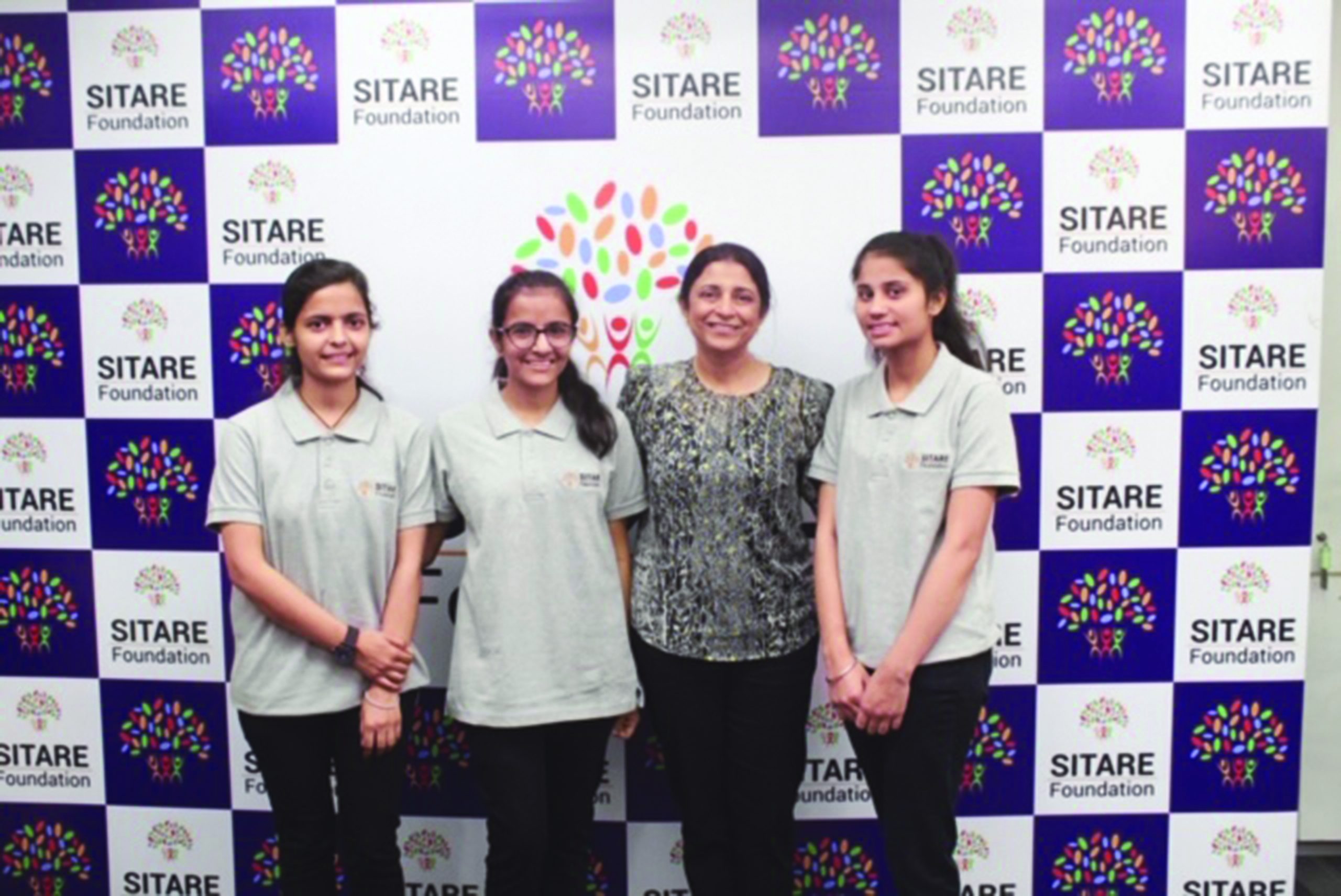Sitare Foundation, a not-for-profit organisation aims to educate talented underprivileged children, enabling them to gain admission into renowned colleges and institutions in India and the USA. Shilpa Singhal, a Physicist and Computer Scientist with degrees from State University of New York (Binghamton) and Cornell University, is the Founder of Sitare Foundation along with her husband Amit Singhal. Shilpa talks about the Foundation’s mission of transforming fifty thousand lives through education by 2050.

- Please take us through the journey of Sitare Foundation.
My husband Amit and I have always felt compelled to give back to society. This, in 2016, led to the establishment of our charitable endeavour for educating bright underprivileged children, Sitare Foundation. We collaborated with a school in Jodhpur and during our initial year itself, we had 250 students who came to take the entrance exam. We have spread our presence across Jodhpur, Jaipur, Ajmer in Rajasthan as well as in Indore and Bhopal, Madhya Pradesh. This year itself, we had about 65,000 registrations for our annual entrance exams.
- How have you been working towards educating the underprivileged children of India?
The Covid outbreak and the resulting lockdowns made us realise that our students were at a huge disadvantage since they didn’t have access to computers, laptops and smartphones. The schools with whom we have collaborated have dedicated a separate class where our students can take their lectures online with Teaching Assistants (TAs) in class. We follow an American model where the professor teaches from a central location teaching all kids in one go with TAs present across all locations to help and guide students.
- What are the other challenges that you have faced in your journey?
One of the biggest challenges that we faced was the students’ home environment, their parents’ support was missing from their lives. Young girl students were required to work, help their mothers at home, take care of younger siblings, and often had to go out with their mothers to help them in fields. Apart from these, there were multiple psychological changes that we faced during our journey such as the lack of confidence among these youngsters.
- Five of your students got admissions to US Universities. Could you share some brief information about these students?
All five students are from the first batch that took admission in seventh grade way back in 2016. They underwent standardised testing modules after which these kids underwent the mandatory TOEFL exam and took their SATs. Since all these students have a knack for Computer Science, these students are going to pursue Computer Science at renowned universities like the University of Minnesota, Ohio State University, University of California (Santa Cruz) and Arizona State
University. Out of these five students, three are girls whereas the two are boys.
- What is your organisation doing towards ensuring the growth of underprivileged girls in India, especially across STEM?
We have a computer science teacher who is teaching our current ninth and tenth graders even though it’s not a required subject for them. And from this coming year, we will try to introduce computer science and other STEM-related subjects, even earlier, so that the kids could get a better hold of it.
- Since, the first batch has done so well, I’m sure there’s a lot to look forward to. So in the next five years, how do you see your journey?
Our mission is to educate 50,000 students by 2050. To achieve this goal, we will further expand our programmes to other parts of the country as well. These past years were our learning times and now that we know the recipe, we plan to further expand our platform and programmes.


